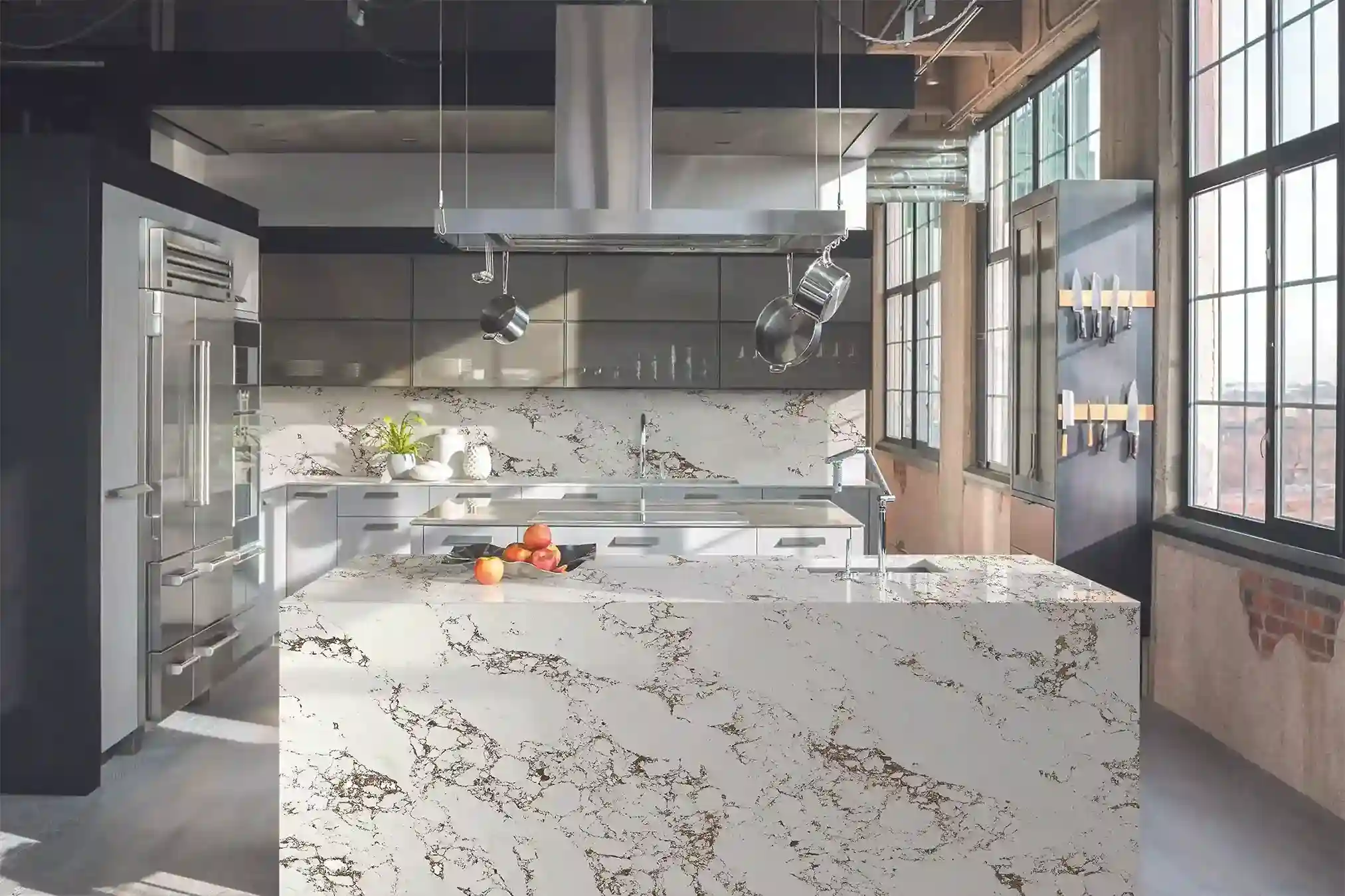All About Porcelain
What's Porcelain?
Porcelain is a type of ceramic produced by hotting accoutrements like humus in a kiln. Vitrification occurs at about 1,200 to 1,400 °C. It's frequently valued for its continuity, strength, and limpidity.
How is it made?
Making Porcelain generally has a number of total way, all of which are necessary to produce the finished product
- Material Preparation: Preparation The raw accoutrements you'll use( humus, feldspar, and quartz) are attained and mixed together.
- Shaping: The material is shaped by either casting, pressing, or banishing. Drying The shaped pieces are dried to exclude humidity, to help help cracking during blasting.
- Firing: Firing The pieces are fired in a kiln( between 1,200 to 1,400 °C) it vitrifies the material and gives it strength and limpidity. .
- Glazing: A glaze is put on the face and fired again( after the original blasting). The result is a lustrous finish.

Porcelain Advantages & Disadvantages
Advantages
- veritably durable and resistant.
- Non-porous, ideal for stains and humidity.
- Available in numerous colors and patterns.
- Heat resistant, ideal for colorful uses.
- Easy to clean and low conservation.
Disadvantages
- Can be more expensive than some materials.
- Needs to be installed professionally.
- Will generally weigh much more than most countertop alternatives.
- Can chip/or crack if not installed properly.
Porcelain Care
Porcelain is typically very low maintenance but taking a few extra steps can go a long way to keep it looking great and lasting for many years:
- Cleaning: For general cleaning, use a soft cloth with a gentle dish soap and water solution. Avoid using any abrasive sponges and cleaners.
- Stain Removal: A good mixture of baking soda and water will remove nearly any tough stain, but it is important to avoid any harsh chemicals that may damage the surface of the porcelain.
- Heat Protection: To avoid thermal shock to the porcelain, use trivets or heat mats on hot pots and pans.
- Prevent Scratches:To avoid scratching, use cutting boards when preparing food.
- Avoid Heavy Impact: Porcelain is very impact resistant, however, under heavy impact can chip or crack.



